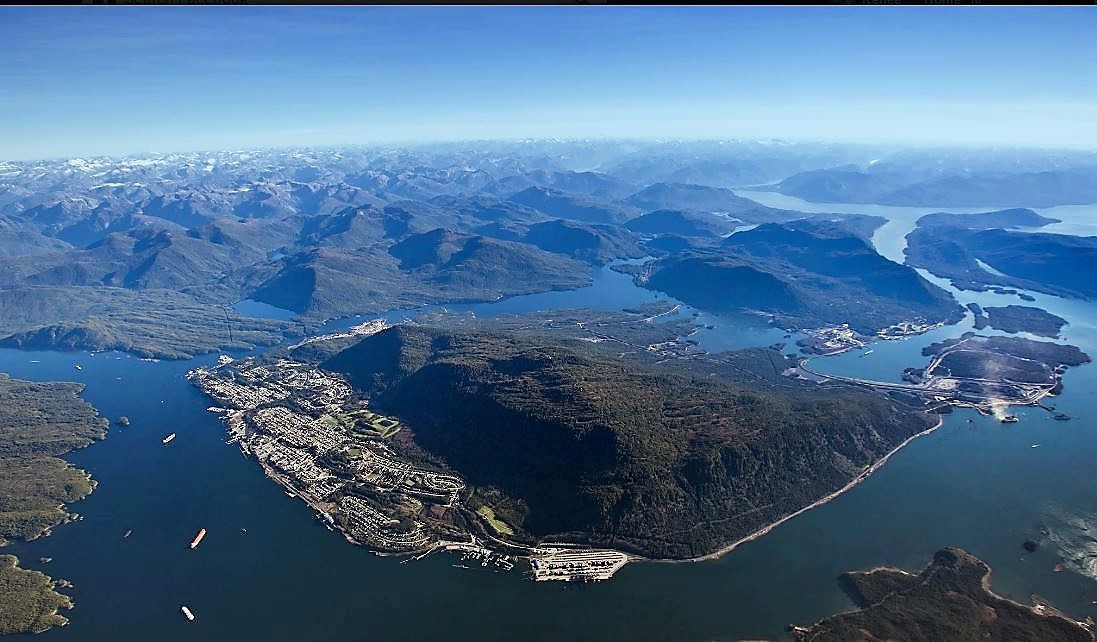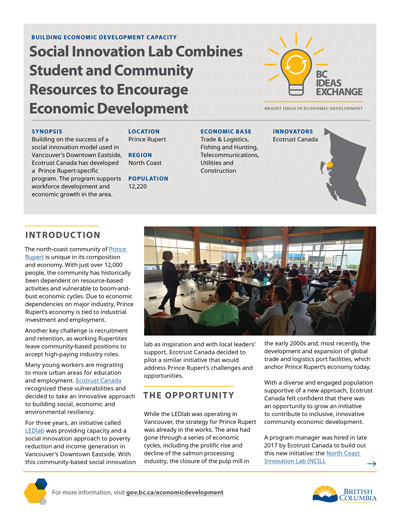Social Innovation Lab Combines Student and Community Resources to Encourage Economic Development
Prince Rupert
The north-coast community of Prince Rupert is unique in its composition and economy. With just over 12,000 people, the community has historically been dependent on resource-based activities and vulnerable to boom-and-bust economic cycles. Due to economic dependencies on major industry, Prince Rupert’s economy is tied to industrial investment and employment. Another key challenge is recruitment and retention, as working Rupertites leave community-based positions to accept high-paying industry roles. Many young workers are migrating to more urban areas for education and employment. Ecotrust Canada recognized these vulnerabilities and decided to take an innovative approach to building social, economic and environmental resiliency.
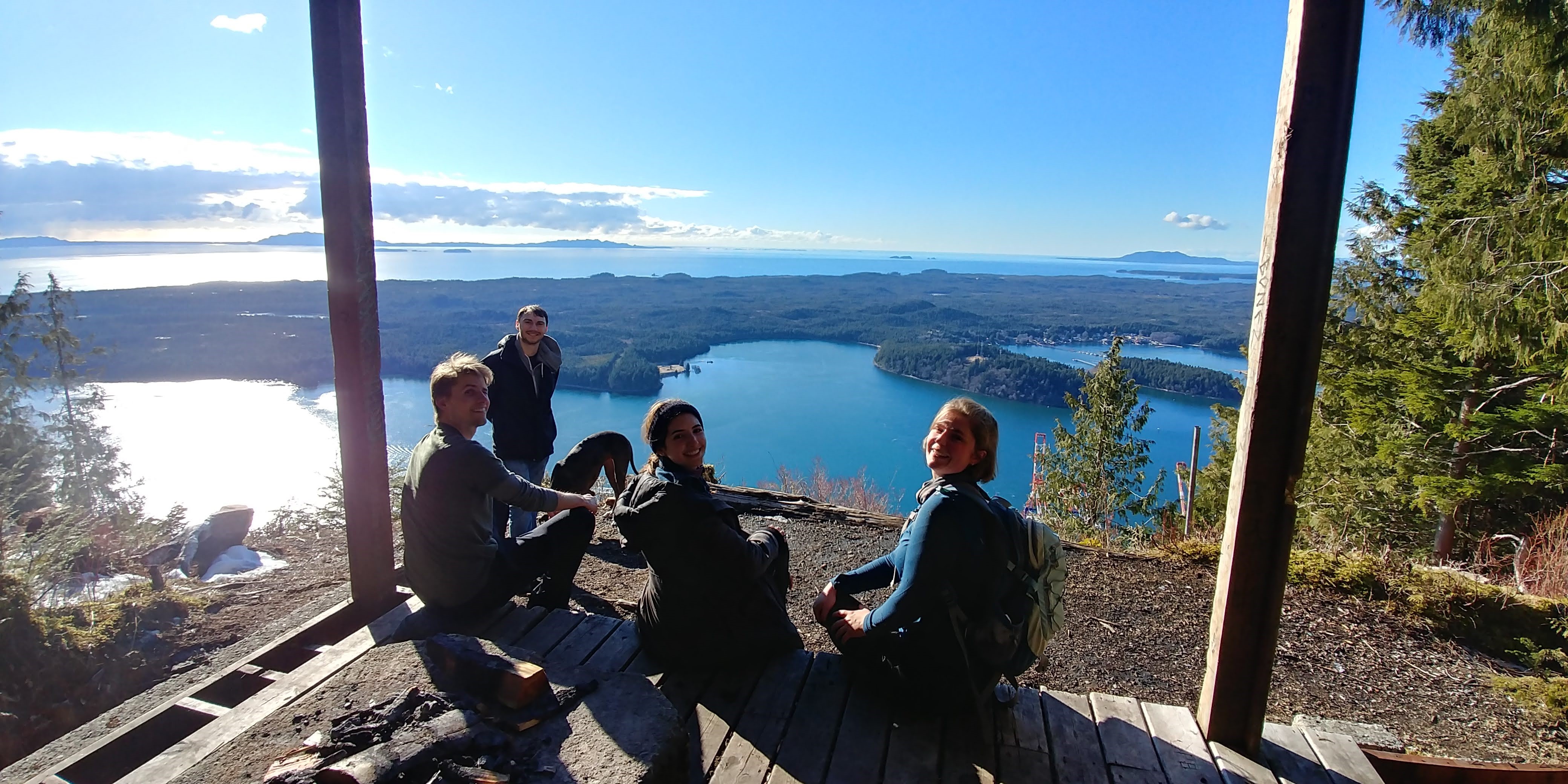
For three years, an initiative called LEDlab was providing capacity and a social innovation approach to poverty reduction and income generation in Vancouver’s Downtown Eastside. With this community-based social innovation lab as inspiration, and with local leaders' support, Ecotrust Canada decided to pilot a similar initiative that would address Prince Rupert’s challenges and opportunities.
The Opportunity
While the LEDlab was operating in Vancouver, the strategy for Prince Rupert was already in the works. The area had gone through a series of economic cycles, including the prolific rise and decline of the salmon processing industry, the closure of the pulp mill in the early 2000s and, most recently, the development and expansion of global trade and logistics port facilities, which anchor Prince Rupert’s economy today. With a diverse and engaged population supportive of a new approach, Ecotrust Canada felt confident that there was an opportunity to grow an initiative to contribute to inclusive, innovative community economic development.
A program manager was hired in late 2017 by Ecotrust Canada to build out this new initiative: the North Coast Innovation Lab.
The Strategy
The North Coast Innovation Lab (NCIL) is a pilot, working with Mitacs Canada and universities across the country to recruit master’s students as project co-ordinators. This allows youth from across the country to move to Prince Rupert, coordinate a project in their field, get professional experience in social innovation and community development, and experience the rural, remote, coastal lifestyle of B.C.’s North Coast.
The NCIL is being delivered in phases:
Phase One:
- The first phase focuses on scoping and designing to understand the needs of the community and to explain the objectives and activities as a community-based social innovation lab.
- Through interviews with leaders, entrepreneurs, and people from different sectors and cultures, the team identify and prioritize areas the community feels are critical to building a resilient economy and supporting community well-being.
- Analysis and program design follow, applying a social innovation lens to the chosen initiatives.
Phase Two:
- The next phase includes building relationships and capacity for community organizations by working together on projects that the NCIL has identified as priorities for the community. The projects can be new initiatives or ones that interested organizations have already started but lack the capacity, networks or other resources to see through.
- Once partnerships are created, the NCIL helps build out a job description for their ideal student project co-ordinator.
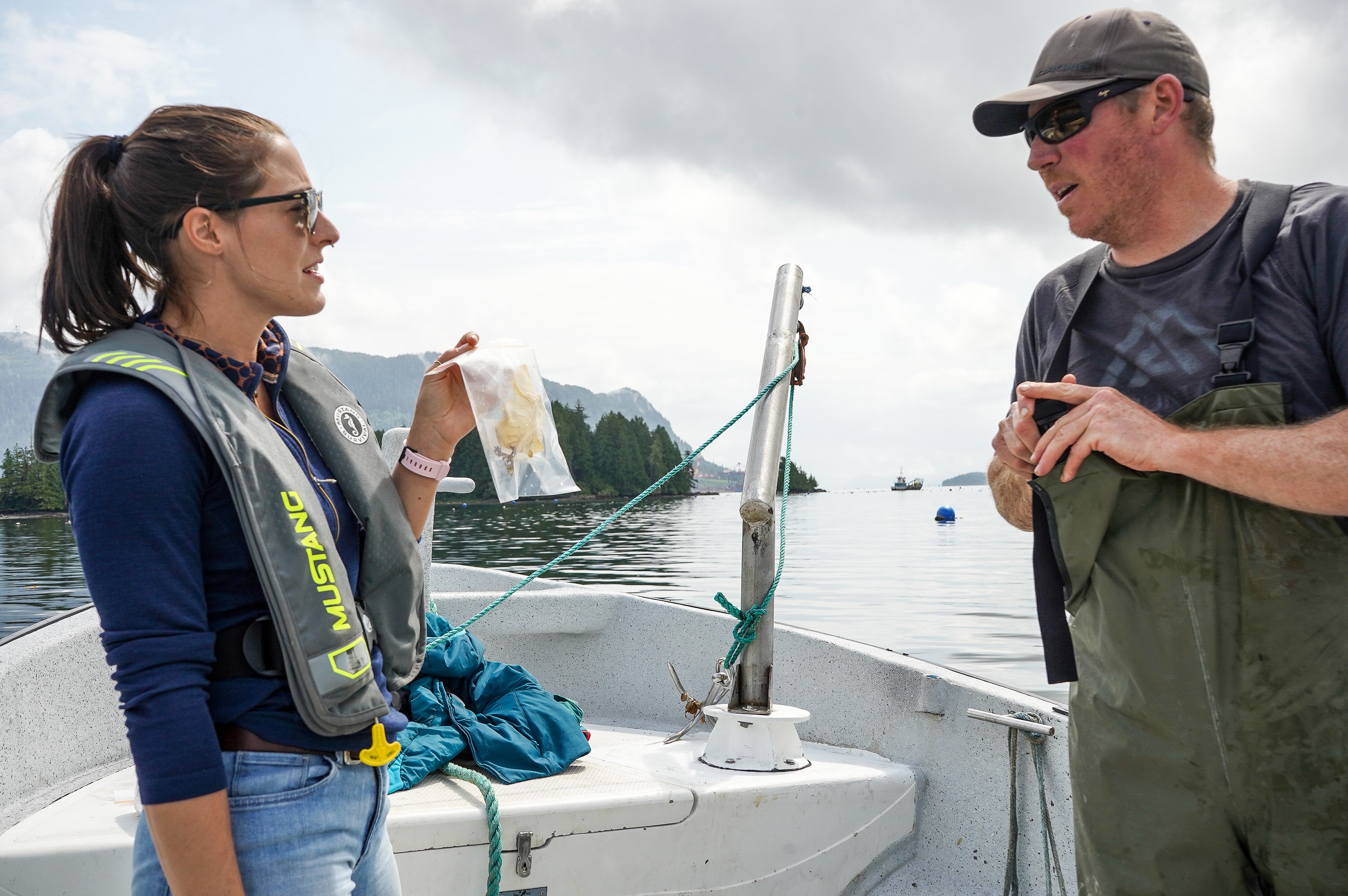
“Social Innovation Lab Methodology can be defined in many different ways. The way we define it is by providing space for people to solve complex challenges through collaboration and innovation. The goal is for organizations, institutions and citizens to improve their understanding of the challenges we all share within our community, and to work together to try out new social and economic solutions. Enabling dialogue and creating space for people to exchange perspectives and work on solutions together are critical to resolving deep, complex community challenges.” – Nathan Randall, Manager, North Coast Innovation Lab
The NCIL is moving into its third cohort of master’s students who will lead eight-month pilot projects with community partners. In addition, the NCIL is exploring pathways for past project growth, and for local students to build their skills as change makers and leaders to speed up community development initiatives. More broadly, they are exploring how current thoughts and views in Prince Rupert impact attitudes and behaviours on collaboration and innovation in economic development, and how they can continue to bring people together.
Learn more about the Year One Design of the NCIL in their Interview Reflections and Program Design Report. Also, check out their Cohort 2 (2019) video, which highlights the students, partner organizations and their impacts in 2019.
Successes
Pilot projects from the first and second cohorts, like restorative ocean farming and employment social enterprise, have done well, and in some cases are developing into commercial programs. The community has an interest in seeing these projects succeed and are supportive of the NCIL’s continuation and expansion and even more organizations have signed on as partners for the 2020 cohort.
As a community, Prince Rupert is welcoming dialogue, innovation, and collaboration to tackle key social and economic challenges. The NCIL exists to support this, while providing opportunities to grow the workforce and diversify the local economy in the process.
Relationships are also taking shape and deepening between businesses, institutions, organizations and community members thanks to the NCIL’s work.
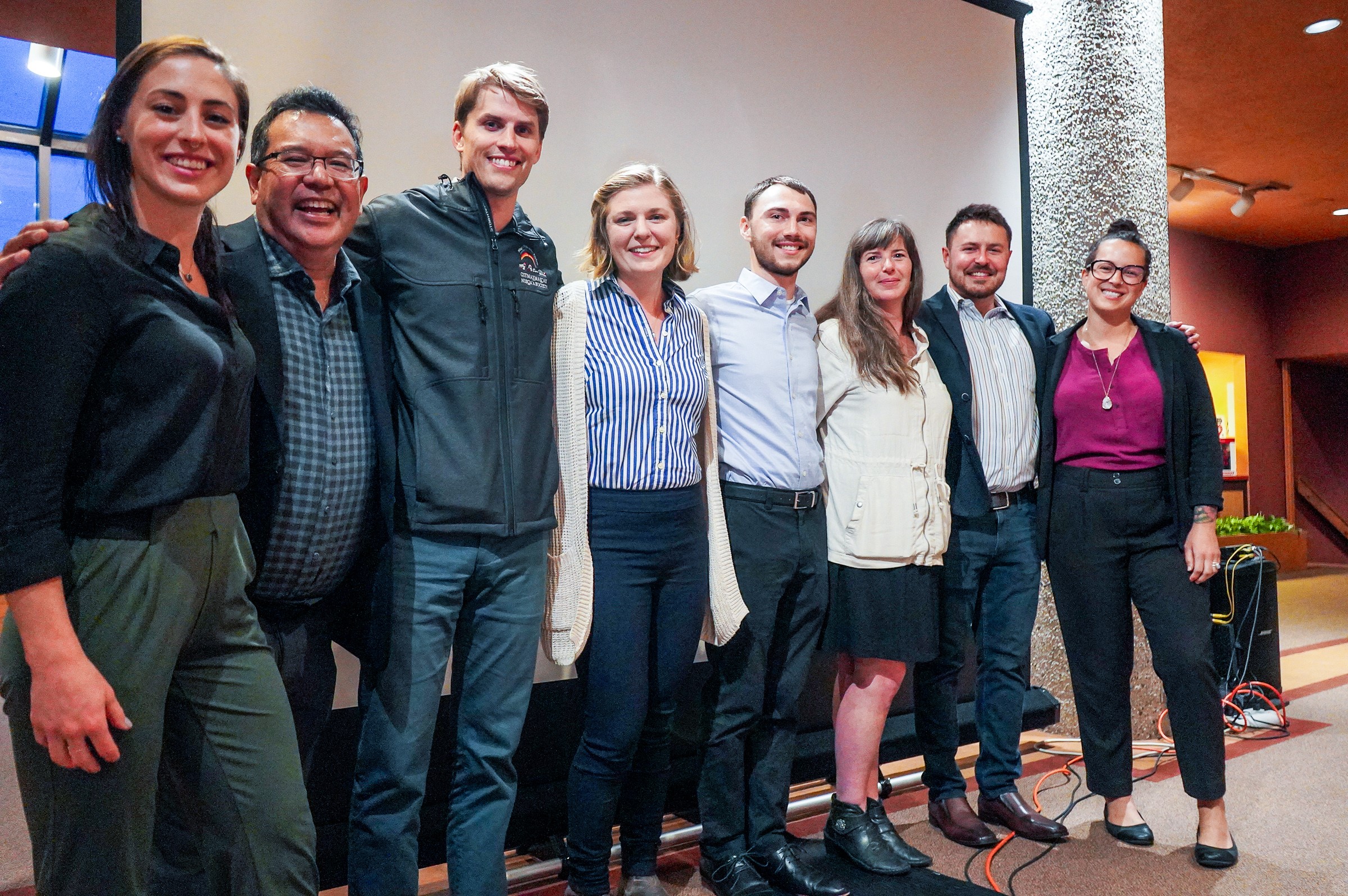
Lessons Learned
- Relationships built on trust, respect and mutual understanding are key to successful community innovation
- Systems change takes time and requires visible, ground-level solutions as well as high-level, systemic ones
- Developmental evaluation is an effective method for staying on track
- Resilience is a practice, not a state of being – recognize and support the people and stories that define resilience and innovation to promote economic growth
- Improve understanding by inviting learning, self-improvement, and curiosity
Supporters/Funders
Student salaries are funded 50% through MITACS Canada, with the remaining salaries and project costs shared between community partner organizations and Ecotrust Canada. The North Coast Innovation Lab receives funding from the Vancouver Foundation, the Koerner Foundation, the Province of B.C.’s Rural Dividend Program and the McConnell Foundation, and received start-up support from the City of Prince Rupert.
Are you interested in developing a social innovation approach for your community? Check out our Strategic Planning Toolkit or read about Business Walks.
Stay tuned for a spring webinar feature of the North Coast Innovation Lab!
Population: 12,220
Region: North Coast
Economic Base: Trade and Logistics, Fishing and Hunting, Telecommunications, Utilities and Construction

